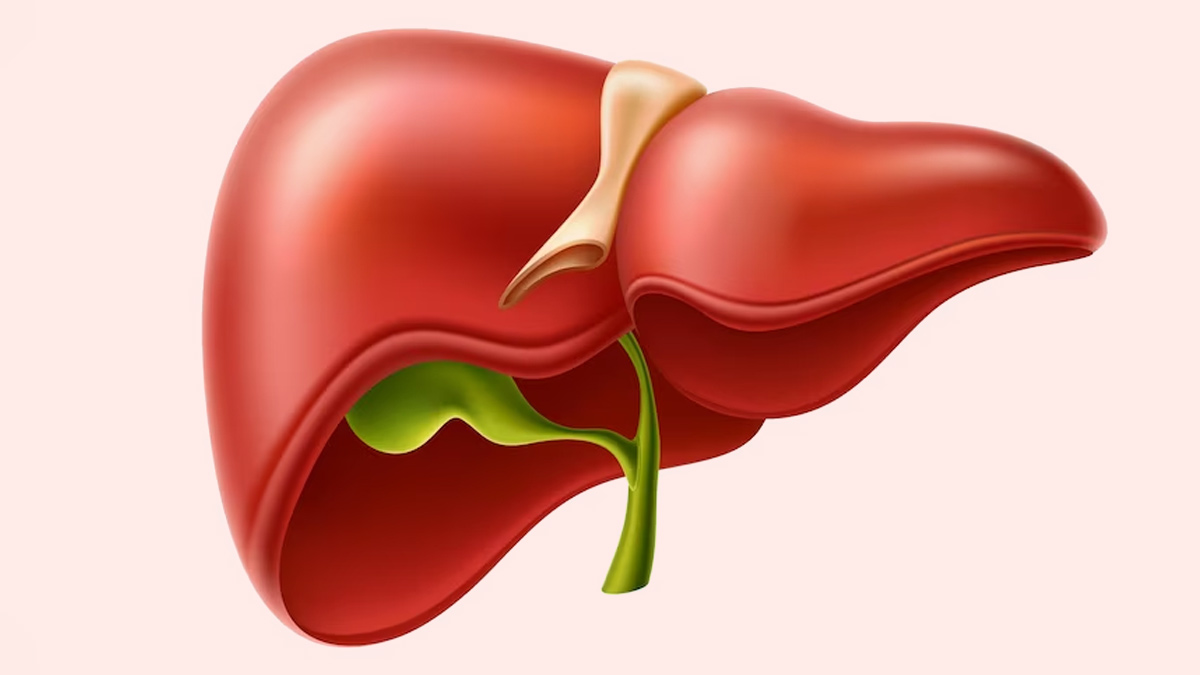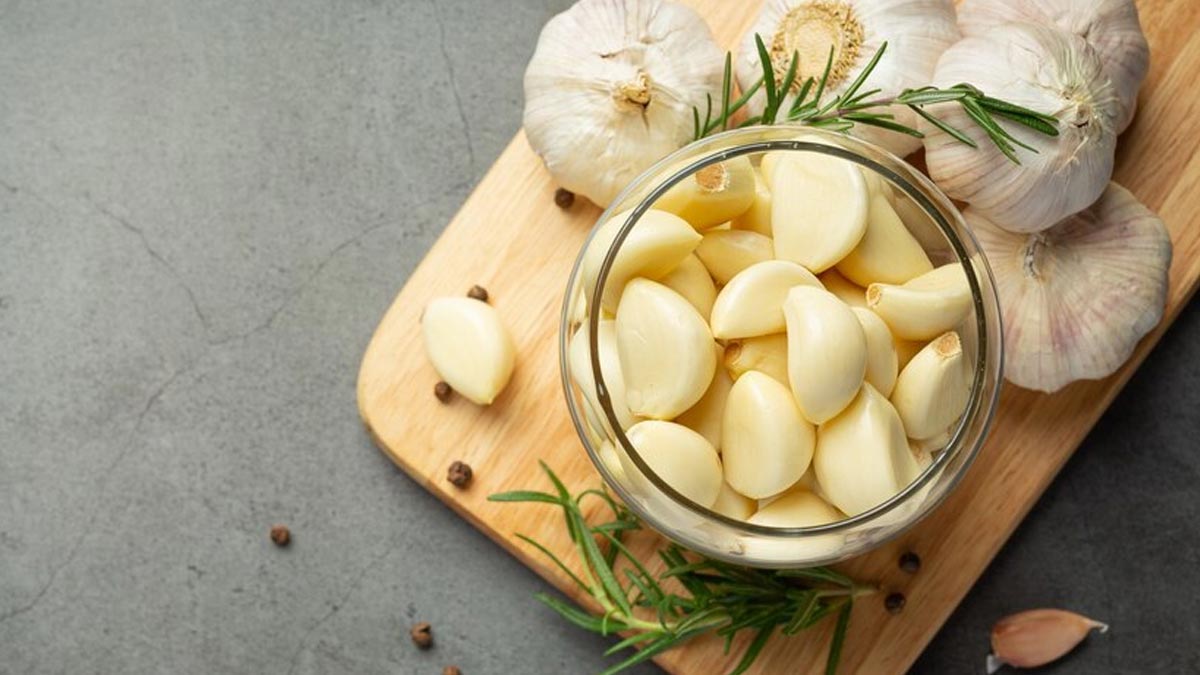
If you’re thinking on how to manage or reverse fatty liver disease, you need to change your dietary preferences. Fatty liver disease, particularly the non-alcoholic type, has become increasingly common across the globe.
Table of Content:-
“This disease is closely linked with the rising rates of obesity, type 2 diabetes, and other metabolic syndromes. Interestingly, the risk factors are strongly linked to heart disease and heart attacks,” said Dr Tom Devasia, Professor and Unit Head, Department of Cardiology, Kasturba Medical College and Hospital, Manipal. However, diet plays a crucial role in managing and potentially reversing fatty liver disease. So, let's dive into some dietary heroes that can help you fight back.
You Can Consider Coffee
Believe it or not, your morning cup of coffee might be doing more than just waking you up. Studies suggest that coffee drinkers with fatty liver disease tend to have less liver damage than those who don’t drink this caffeinated beverage. In one study, it was discovered that consuming two cups in a day reduced the risk of cirrhosis by 44% and four cups per day by 65%. If you enjoy coffee, here’s a good reason to keep sipping—just watch the sugar.

Include Greens
Leafy greens like spinach, kale, and collard greens are packed with antioxidants, vitamins, and minerals. These aren't just good for overall health, they actively help the liver by reducing inflammation and preventing fat accumulation. If greens aren’t your favourite, try sneaking them into smoothies or omelets to make them more palatable.
Also read: Fatty Liver: Tips To Avoid Fatty Liver Disease In Children
Fatty Fish for Omega-3s
Fish like salmon are high in omega-3 fatty acids, which are excellent for heart health and have been shown to decrease liver fat levels and reduce inflammation.
Nuts for Better Liver Health
Nuts, especially walnuts, are high in omega-3 fatty acids and antioxidants. Regularly eating nuts is associated with improved levels of liver enzymes in people with fatty liver disease. They’re a great snack option but remember they’re also high in calories, so moderation is key.
Olive Oil - A Healthier Fat
Olive oil is rich in monounsaturated fats, known to lower liver enzymes and control weight. Using olive oil for cooking or in salads can significantly benefit those with fatty liver disease. It's a healthier alternative to butter or vegetable oil, and it adds a nice flavour to dishes.
The Power of Garlic
According to Hindawi, garlic has been shown to help reduce body weight and fat in people with fatty liver disease. It can spice up any dish, and it’s beneficial for your liver health, so don’t hesitate to add garlic to your meals generously.

Whole Grains for Fibre
Whole grains like oatmeal, brown rice, and whole-wheat bread contain high amounts of fibre which can help improve liver function by maintaining a healthy weight. The key here is whole grains—not refined ones—which keep your liver working at its best.
Also read: Suffering From Swollen Chest Or Breasts? It Could Be A Sign Of Fatty Liver Disease
Soy Protein
Replacing red meat with plant-based sources of protein, like soy, can be a beneficial swap. Soy protein, found in tofu and edamame, has been shown to reduce fat buildup in the liver. Plus, it’s a great way to keep your meals interesting and varied.
Spice It Up With Turmeric
Turmeric, known for its potent anti-inflammatory properties, is another excellent spice to add to your arsenal. Curcumin, the active component in turmeric, can help improve liver function by reducing inflammation and combating fat accumulation. Use it in curries, smoothies, or even teas.
Green Tea for Antioxidant Boost
Green tea is rich in antioxidants called catechins, which have been shown to improve liver function and fat infiltration. Drinking green tea could help manage liver fat levels, especially if you consume it regularly.
While there's no magic cure-all for fatty liver disease, integrating these foods into your diet can provide benefits. Along with these dietary changes, regular physical activity and maintaining a healthy weight are crucial in managing and potentially reversing fatty liver disease. Always consult with a healthcare professional or a dietitian before making significant changes to your diet, especially if you have underlying health conditions. With the right approach, your liver has a fighting chance to recover and thrive. Cheers to a healthier you and a happier liver.
Also watch this video
Read Next
Nigeria Rolls Out World's First Full Shot Against Meningitis: Everything To Know About The Condition
How we keep this article up to date:
We work with experts and keep a close eye on the latest in health and wellness. Whenever there is a new research or helpful information, we update our articles with accurate and useful advice.
Current Version
